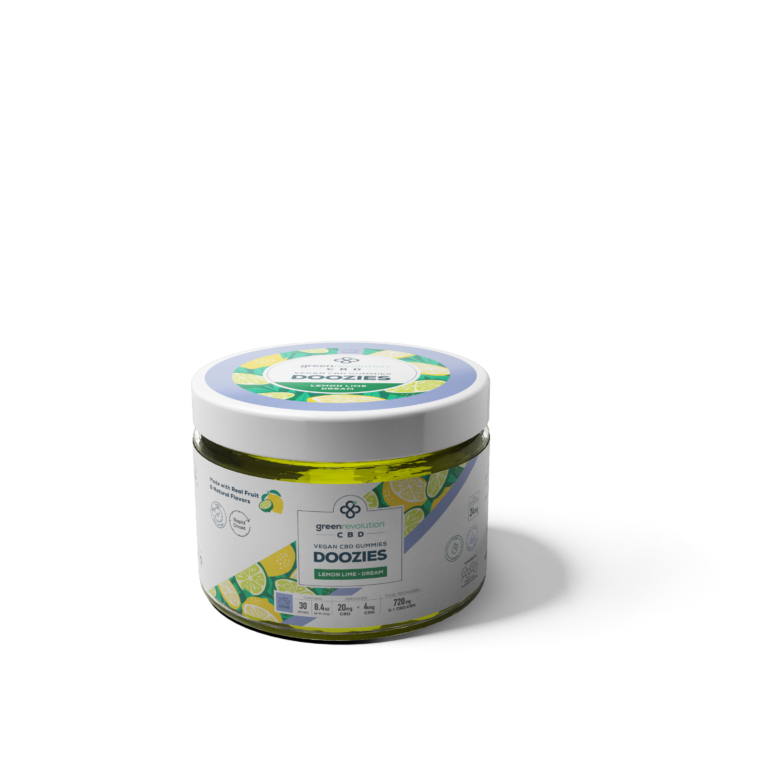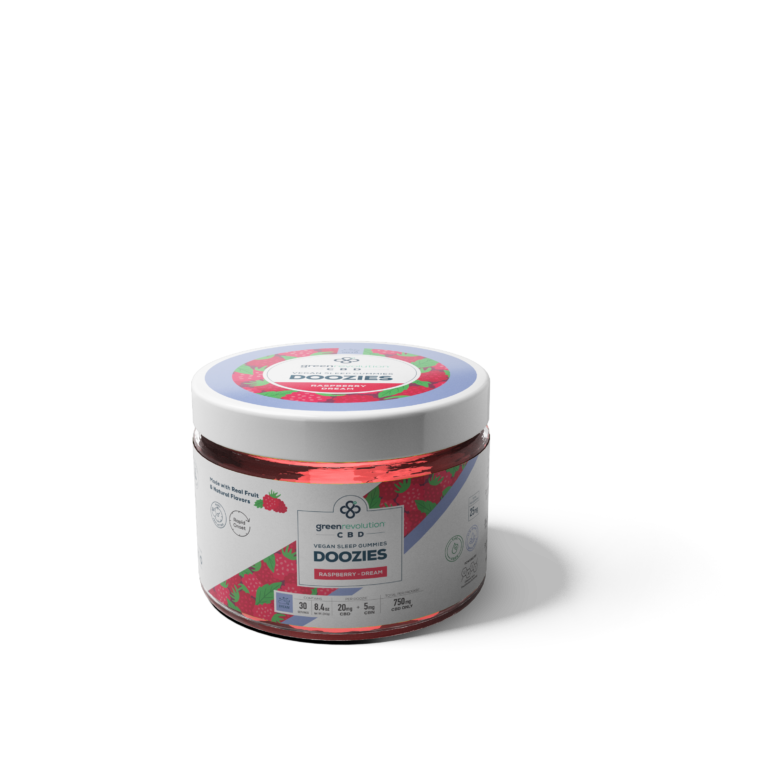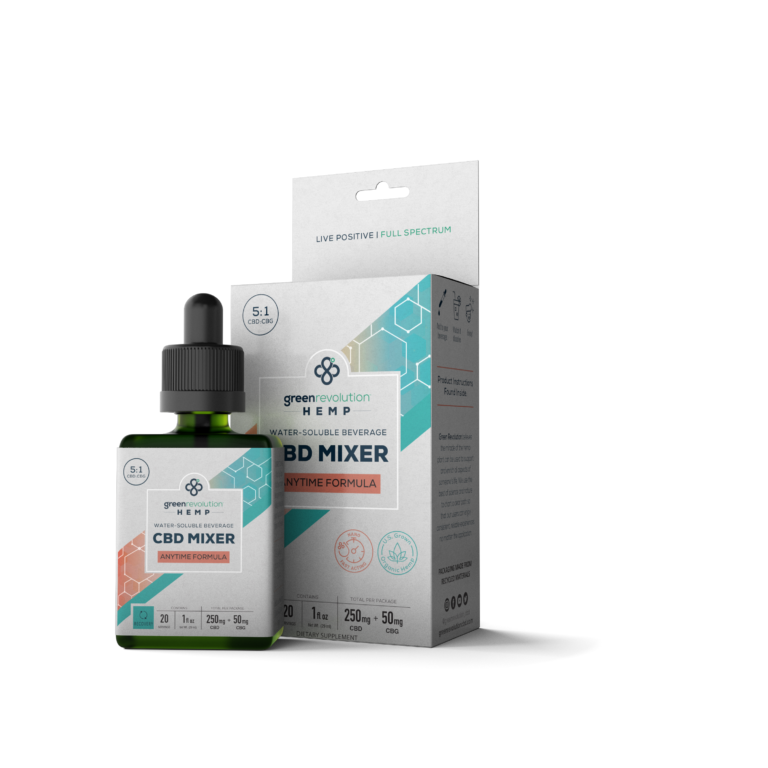Exploring the Unique Qualities of CBN vs. CBD
This article will explore the differences between CBN and CBD. It will highlight the significance of understanding these cannabinoids in the context of wellness.
Introduction
There are two main compounds that come to mind when people think of cannabis, and that’s THC and CBD, but what about CBN?
CBN is a cannabinol that may not be as well known as CBD or THC, but it can be very useful in many treatments, such as insomnia treatment or anxiety treatment.
One main difference between CBD and CBN is how they are formed. CBN is a cannabinoid that is naturally created when a THC molecule breaks down. THC molecules are known to break down when the hemp plant grows. A process referred to as decarboxylation is when a plant gets exposed to heat, and that heat exposure causes the THC to break down, resulting in CBN.

The difference in composition
CBD vs CBN chemical structure is not very different. CBD has a chemical structure of C21H30O2. This means their molecular formula is the same, with 21 carbons, 30 hydrogens, and 2 oxygens.
CBN is a byproduct of THC degradation, so it has a slightly different chemical formula: C21H26O2. THC has the same chemical structure as CBD, loses four of its hydrogen atoms, and forms CBN.
CBN and CBD are cannabinoids from the cannabis plant that interact with your endocannabinoid system, the system that regulates your immune system, pain management, and appetite. There isn’t a big difference between CBD and CBN as it relates to the interaction with the endocannabinoid system: both CBN and CBD activate the CB1 and CB2 receptors. There is, however, a greater interaction with the CB1 receptor.
Mechanisms of action
CBD and CBN interact with your body by way of the endocannabinoid system. Both compounds attach to the CB1 and CB2 cannabinoid receptors within the body. One difference between CBN and CBD when it comes to the mechanism of action is that CBN, when consumed in conjunction with a product that contains THC, can increase the euphoric effects of THC.
This impact of one cannabinoid increasing the efficacy of another cannabinoid is referred to as the Entourage Effect. For this reason, there are several forms of cannabinoid products that contain more than one cannabinoid, like THC and CBN or CBN and CBD or CBD and CBG, all of which can enhance the effects of one another.

Potential health benefits
One big difference between CBD and CBN is the amount of research. Much less research has been conducted on CBN vs. CBD. What’s known at present is that CBN is more effective when used alongside other phytocannabinoids because of the synergistic effect it has. It can boost the euphoric effect of THC as well as the effects of CBG.
Many people use CBN for things like:
- Sleep aid
- Pain relief
- Anti-inflammation
CBD has been proven highly effective in managing pain and anxiety. In fact, high doses of CBD products have been approved by the FDA for rare forms of epilepsy and for the treatment of anxiety disorders. CBD is also popular when used for:
- Chronic pain management
- Inflammation management
- Treatment for insomnia
With CBN vs. CBD, you have the option of promoting overall well-being by incorporating products like gummies into your wellness routine. Both products can be used to improve your overall well-being.
Usage and administration
With CBN vs. CBD, you have many similar uses and administrations. For example, CBN is used in:
- Tinctures
- Gummies
- Capsules
CBD is used in:
- Tinctures
- Gummies
- Capsules
- Lotions or topical applications
- Infusions
One difference between CBD and CBN, though, is that CBN is often mixed with sleep aids like melatonin because it is a useful treatment for insomnia.
Dosage considerations for both CBD and CBN
If you are starting with CBN or CBD products, you need to be aware of your potential dosage. The dosage you take should be based on things like:
- Weight
- Age
- Metabolism
- Health conditions
- Tolerance
In general, you might get a recommendation for a single dose between 20 mg and 40 mg per serving. This means that each serving should contain between 20 mg and 40 mg, and for that reason, you need to be very careful when reading labels for different products because something like CBN gummies might be sold as 10 mg per gummy or 20 mg per gummy or even 100 mg per gummy. If you are supposed to take a recommended dose of only 30 mg per gummy, that would be 3 x 10mg gummies or 1.5 x 20 mg gummies.
So how do you know how much is right for you?
If this is your first time using any product with CBN or CBD in it, you should start with a low-strength dose. You should only increase after you have used a low-strength dose for several weeks and monitored the outcome.
A general rule for mild symptom management is 1 mg for every 10 lb you weigh, 3 mg for every 10 lb if you are managing moderate symptoms, or 6 mg for every 10 lb if you are managing severe symptoms.
How do they work together?
There are many situations where using multiple cannabinoids in the same product could prove beneficial. The biggest difference between the two that you need to be concerned with is choosing between broad spectrum or full spectrum products.
Full-spectrum products have trace amounts of THC as approved by the FDA. You are more likely to find CBN in a product that is full-spectrum because of CBN’s ability to enhance the efficiency of THC.
Broad-spectrum products do not have any amount of THC in them, which means they do not get you high. These may be more suitable for people who need something they can take during the day or at work. You are more likely to find CBD in such products with its non-intoxicating effects.
What is better, CBD or CBN?
Deciding between CBD or CBN comes down to what it is you are trying to treat.
Anxiety
For example, if you are trying to treat anxiety, you are better off choosing a product that is centered around CBD. One study found that social anxiety disorder could be controlled with doses between 300 mg and 600 mg of CBD.
Depression
Similarly, if you are trying to control certain symptoms of a depressive disorder, CBD has the potential to be an alternative therapy or something used in conjunction with other treatments, particularly therapy and holistic care.
Pain
CBD is regularly used to manage pain and inflammation. This can help treat chronic pain diseases, pain from cancer, arthritis, or other inflammation.
Cancer
Research has found that CBD can stop the reabsorption of anandamide, which helps fight cancers. However, many cancer patients receive prescriptions for THC because THC can provide sedative effects that help with sleep, nausea, inflammation, and pain management. Given that CBN can increase the efficacy of THC, if you are looking for a medication in the circumstances, you might be better off choosing something that incorporates both THC and CBN.
Summing Up
In summary, there are many key differences between CBN and CBD, particularly the difference in composition, the mechanisms of action, and the therapeutic applications of both. While there are some similarities in terms of interaction with receptors, the chemical structure is different, and the way in which CBN is produced is derived from this.
These unique qualities serve as potential benefits. Each cannabinoid comes with benefits for therapeutic potential and medicinal uses for a variety of conditions. By understanding the difference between CBN and CBD and comparing CBN vs. CBD usage and administration, you can find a dosage and a product that works best for you.
Frequently Asked Questions
Yes, CBN and CBD can be used together. Combining different cannabinoids can potentially enhance their individual effects, a phenomenon known as the ‘entourage effect.’ However, it’s advisable to consult with a healthcare professional before combining them.
CBD is widely recognized for its anti-inflammatory and pain-relieving properties. While CBN also shows potential in pain management, CBD is more studied in this area. The effectiveness can vary based on individual conditions and responses.
CBN is often touted for its potential sedative properties, which might make it more suitable for treating sleep-related issues. CBD, while also used for sleep, primarily works by reducing anxiety and pain, which can indirectly improve sleep quality.







